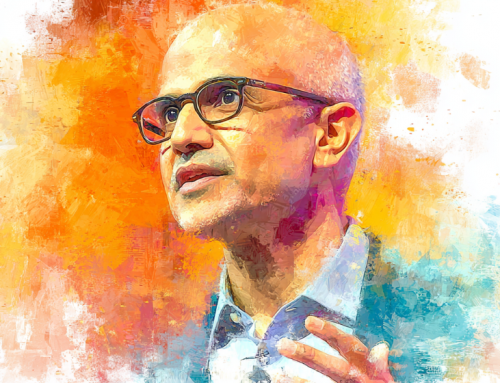
Meta’s AI glasses will translate speech in real-time, letting users hear conversations in English through the open-ear speakers when talking to someone in Spanish, French, or Italian—ideal for travel and breaking down language barriers to bring people closer. (Source: Image by RR)
Llama 3.2: Meta’s First Vision AI Model to Combine Image and Text Understanding
Meta has had a significant year, unveiling the Meta Quest 3, the world’s first mass-market mixed reality headset, and the Ray-Ban Meta glasses. These products, combined with updates to the Horizon OS, aim to enhance entertainment, productivity, and social experiences through mixed reality. At its 11th annual Connect conference, CEO Mark Zuckerberg highlighted these advances along with AI and wearable technology developments, pushing toward a more connected and immersive future.
As noted in meta.com, the Meta Quest 3S, starting at $299.99, delivers high-quality mixed reality powered by Qualcomm’s Snapdragon XR2 Gen 2 platform, with hand tracking, and access to a vast array of entertainment and productivity apps. In addition to gaming content, it integrates Microsoft’s Remote Desktop to connect to Windows 11 PCs, enhancing productivity in a virtual environment. Meta also introduced Hyperscape, a feature that creates photorealistic spaces in the metaverse, allowing users to explore virtual environments that mimic physical spaces.
In AI, Meta has made strides with Meta AI, offering free, unlimited access to its AI assistant, now used by over 400 million people monthly. AI-generated features like photo editing, automatic captions, and personalized content creation have been introduced across Facebook, Instagram, and other platforms. Meta also launched Llama 3.2, its first major vision model, capable of understanding both images and text, furthering its commitment to open-source AI for a more customizable and trustworthy future.
Additionally, Meta introduced advancements in wearable technology with the Ray-Ban Meta glasses, integrating AI for tasks like real-time translations, reminders, and even virtual tour guides. Meta also revealed Orion, its first prototype for AR glasses, which merges the physical and digital worlds with lightweight, wire-free functionality, hand and eye tracking, and a groundbreaking EMG wristband for input control.
read more at meta.com







Leave A Comment